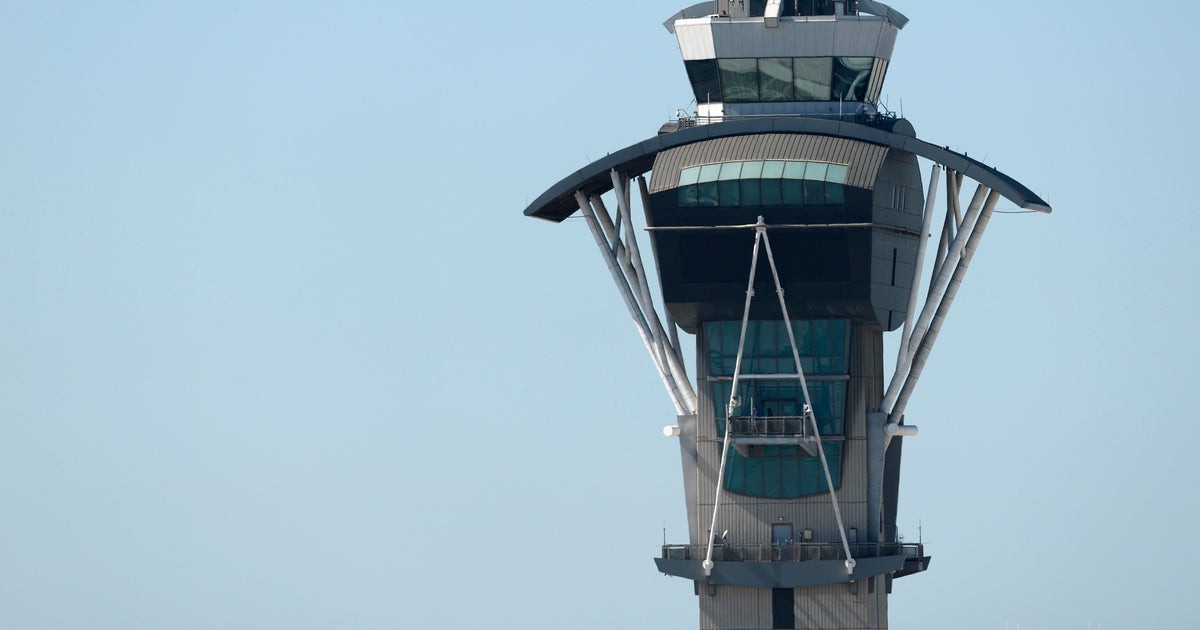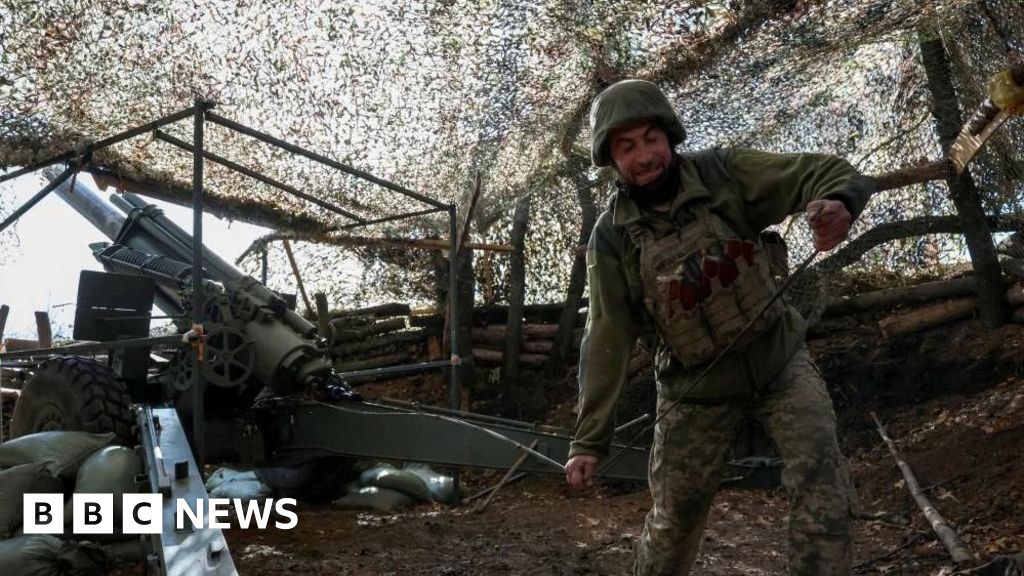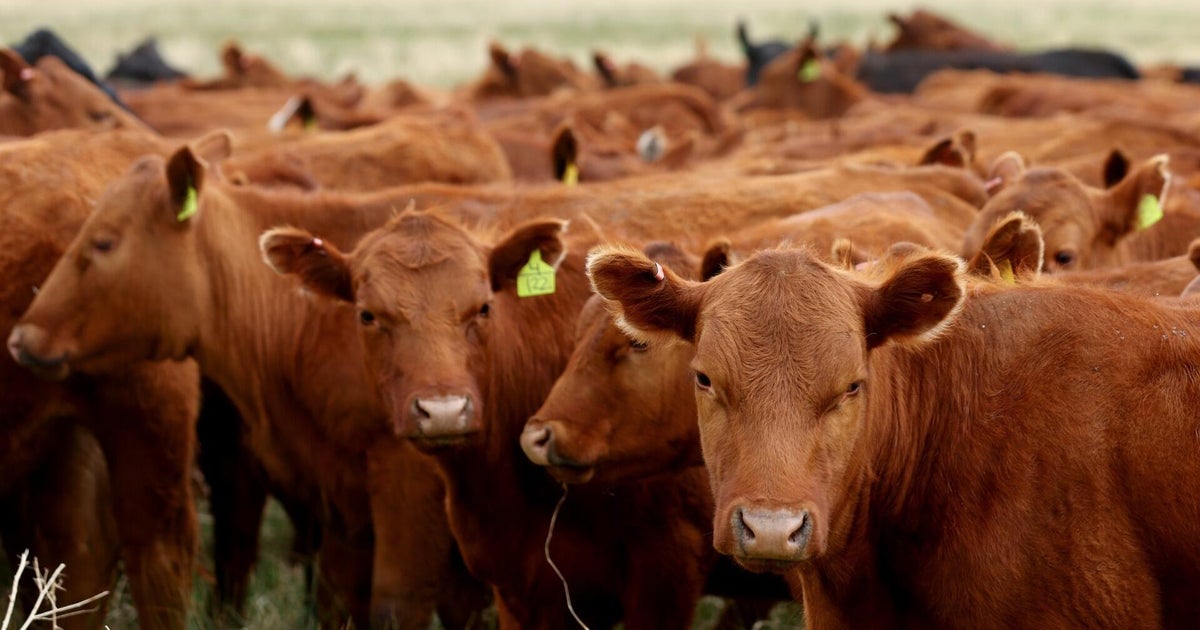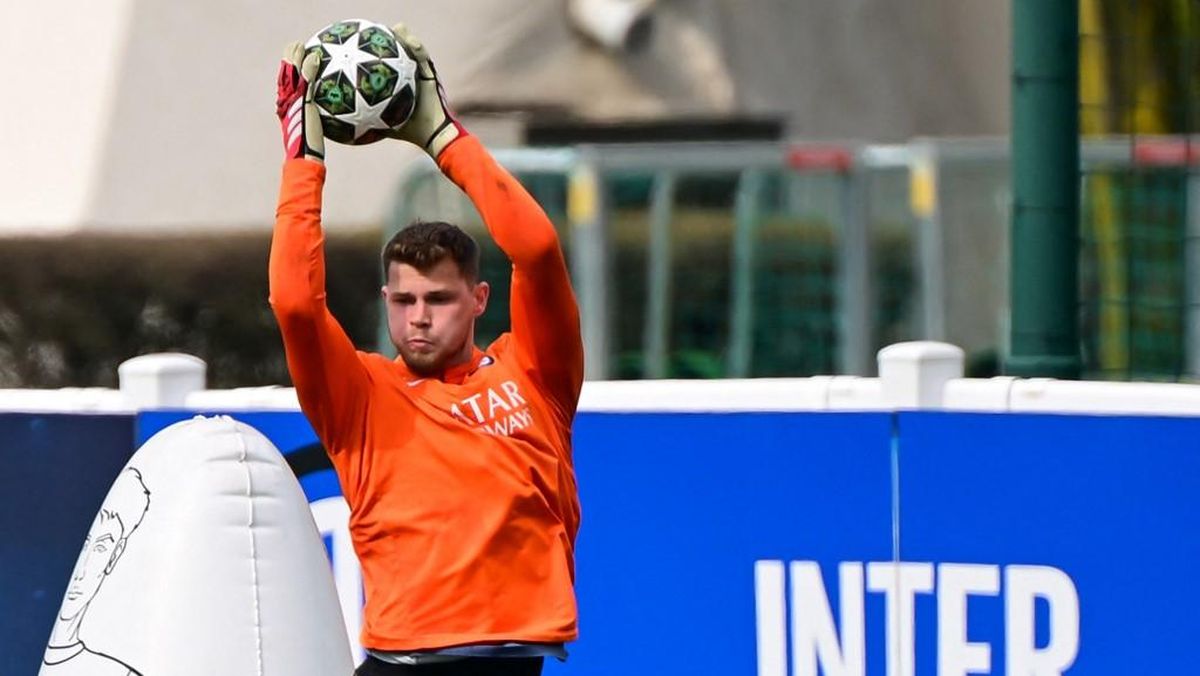Bound, sedated and stuffed into bags: Poachers are ripping baby spider monkeys from their mothers in the forests of southern Mexico and selling them as pets on social media platforms in the United States.
Jim Stinebaugh, a special agent with the U.S. Fish and Wildlife Service, says nearly 90 baby spider monkeys have been confiscated at the Texas-Mexico border in the last 18 months – and that's believed to be just a fraction of the spider monkeys illegally brought into the United States.
Wildlife officials say the spike in spider monkey smuggling is driven in part by viral videos showing the animals dressed up, diapered and treated like human babies. Those clips racking up millions of views may look cute, but experts warn they glamorize illegal pet ownership and fail to show the cruel conditions for monkeys torn from the wild.
Investigative photos document the cruelty of how baby spider monkeys are smuggled across the border. Traffickers smuggle the spider monkeys in horrific conditions, often crammed into tiny compartments with no food or water. Many arrive sick, injured or clinging to life, with authorities racing to save those that survive the brutal journey.
In Mexico, poachers shoot mother spider monkeys out of trees, with their babies still clinging to their backs. And because the moms only give birth every two to four years, the population is slow to recover.
"You're going to have to kill the mothers to get the babies, and then the rest of the family are going to be protective of the mother and the baby as well," Stinebaugh explained. "You very well may end up killing dozens of monkeys, just to keep a few of the babies."
Stinebaugh focuses on catching smugglers who sell through social media platforms. It's an uphill battle because law enforcement is understaffed, and the penalties are often small.
He warned: "If you're paying cash for a spider monkey in the parking lot of a big-box store, there's something wrong."
Baby spider monkeys can't be returned to the wild without their mothers, so agents bring them to the Gladys Porter Zoo in Brownsville, Texas, where five veterinarians care for 1,600 other animals. But one Texas zoo can't tackle the problem alone, so the Association of Zoos and Aquariums is piloting a project where facilities house, care for and permanently place spider monkeys at other accredited facilities around the country.
Stinebaugh believes that if people understood the brutality of the spider monkey black-market trade, they would see the truth: that we're pushing these animals closer to extinction.
His message: "If you care at all about this species, if you don't want them killed in the wild, if you don't want the babies smuggled across the border and these abhorrent conditions, don't make the purchase."


















































